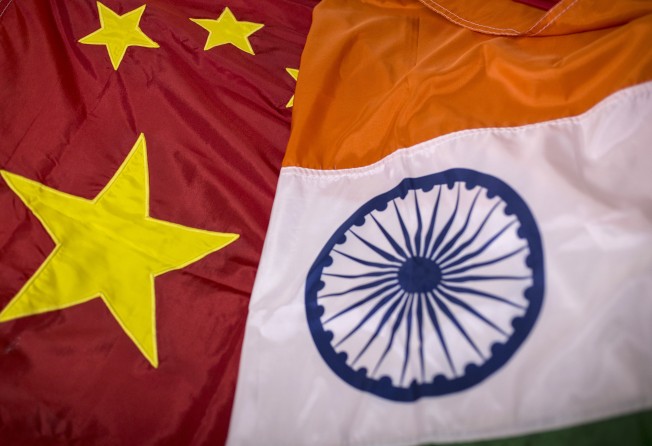The West’s double standards over China and India
- US-led containment against Beijing in the Indo-Pacific means cosying up to New Delhi while ignoring India’s egregious misdeeds

A gaffe is a truth inadvertently let out by a politician. So, it’s no surprise that all hell broke loose in India when Singaporean Prime Minister Lee Hsien Loong earlier this month warned in a speech about how healthy democracies could “go downhill” and referenced news reports that 43 per cent of members of the current Indian parliament were facing criminal probes.
New Delhi summoned Singapore’s envoy to the country to express its anger.
The sentiments expressed by Lee, whose country has long enjoyed good relations with India, may be contrasted with those of Britain and the United States. Last year, at a virtual summit between Boris Johnson and Narendra Modi, the British prime minister said: “The UK and India share many fundamental values … The UK is one of the oldest democracies. And India is the world’s largest.”
In December, US President Joe Biden invited Modi to his virtual Summit for Democracy, a rather awkward moment. The V-Dem Institute at the University of Gothenburg in Sweden, which tracks data on the health of democracies, has reclassified India as an “electoral autocracy”. In its latest release, the Economist Intelligence Unit has ranked India as a “flawed democracy” at 46th in its 2021 Democracy Index’s global ranking, out of 167 countries.
At least China has long ago rejected liberal democracy. India under Modi makes a pretence of practising it. But you won’t hear many complaints from Biden and Johnson. This is because India is critical to the US-led containment strategy against China in the Indo-Pacific. So now you have the paradoxical situation of powerful Western democracies drawing ever closer to India while the country drifts unmistakably towards ethno-authoritarianism and Hindu supremacy.
As a result, whatever outrage or crime New Delhi or regional Indian states perpetrate, say in Jammu and Kashmir, they would be minimised or ignored in major Western capitals. But the slightest hint of misdeed, say in Xinjiang, would be blown out of all proportion.
By any objective measure, New Delhi’s revocation of the semi-autonomous status of Kashmir in 2019 – guaranteed under the country’s constitution and followed by widespread crackdowns – ought to be a bigger deal than Beijing’s imposition of the national security law in Hong Kong. Its equivalent would be Beijing’s scrapping the Basic Law, which constitutionally guarantees Hong Kong’s “high degree of autonomy”.
But we all know which issue Western politicians and media have chosen to exploit.